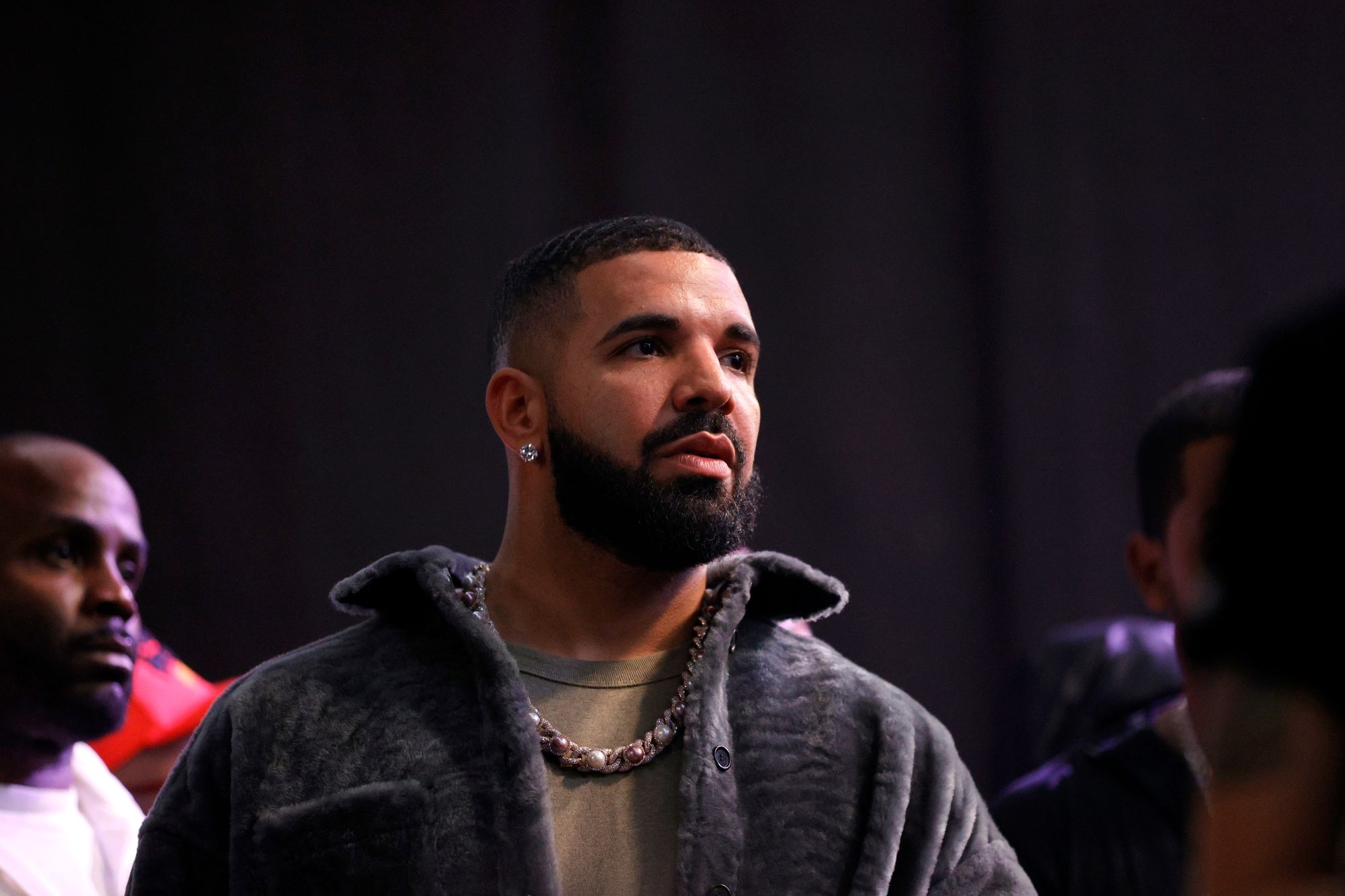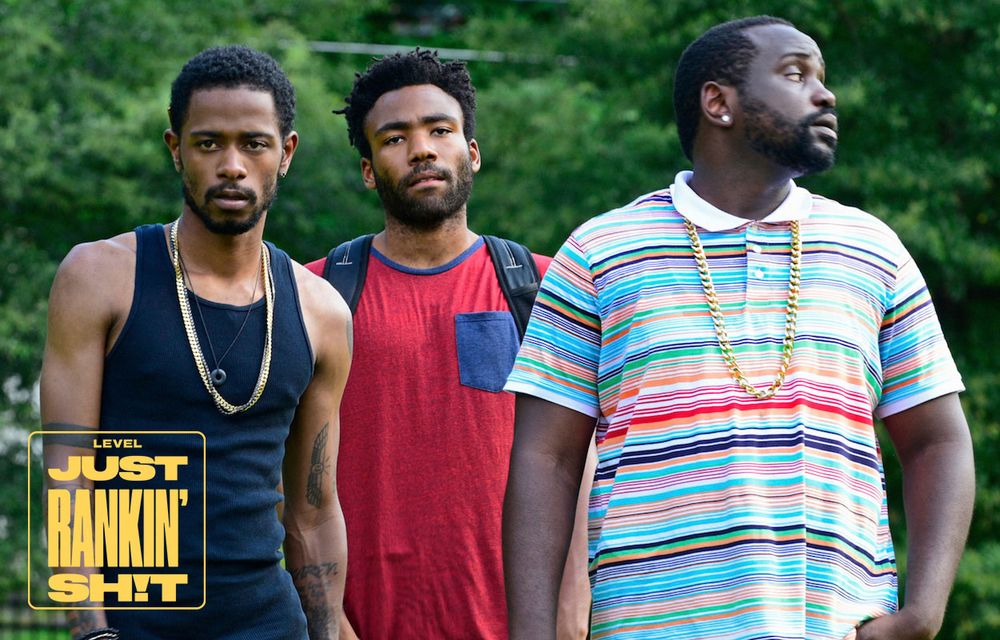4. Season One
This isn’t really a best-to-worst ranking. Every season of Atlanta is an absolute banger, and the first is no exception. It had a number of iconic moments—Black Beiber, Marcus Miles’ invisible car, lemon pepper wet, the Janicza Bravo-directed “Juneteenth” episode, “B.A.N.,” and an expertly placed “Elevators (Me & You)” sync to wrap it all up.
Atlanta’s first season is amazing, but it ultimately just dips its toe in the waters of how strange, cerebral, and hilarious the show would eventually become. Me, you, yo mama, and yo cousin too, may have loved this introduction, but couldn’t begin to muster the series’ future greatness.
3. Season Four
After a controversial and intensely debated third season, Atlanta could not, under any circumstances, end its run with more of the same off-the-wall, outlandish storytelling. That would have been far too much. It’s not abandoned completely—just peep “The Goof Who Sat By the Door,” one of the series’ greatest episodes—but thankfully, this season finds the crew back in the city, in their natural habitat, and in a more polished form than they’ve ever been. We don’t get the stories tied neatly in a little bow, but we do get a fair amount of clarity.
In "The Homeliest Little Horse," we finally learn why Earn is so melancholy all of the time and get insight into the depths of his depravity. We get one last exploration of Alfred’s interiority and manhood in “Andrew Wyeth. Alfred's World.” In key moments during “Work Ethic!” and “Snipe Hunt,” we’re granted an understanding of who Van is and wants to become.
Aside from the absence of serially procrastinating barber Bibby, the only knock against this season, which soars above all others in many ways, is that for the first time in its run, the series finale finally does the predictable thing. Atlanta is such an iconic show because of the way it plays in the unexpected and will never cease to surprise you. To spend its final episode letting a Reddit theory telegraph its arc is a bit of a letdown, but maybe that’s their final troll for us all.
2. Season Two
Atlanta had the nearly impossible task of topping a stellar first season and rose to the occasion. Right out of the gate, the series gave us Katt Williams in “Alligator Man,” which would eventually earn the comedian an Emmy. The highs don’t come close to cresting there, though. The second season, dubbed “Robbin’ Season,” fired on all cylinders and jolted us through a brilliant piece of storytelling week in and week out. While this installment will always be remembered for the remarkable “Teddy Perkins” episode, there were a handful that were just as good.
You’ll be hard-pressed to find a half hour of television as blisteringly funny as “Barbershop” or more playfully triggering regarding the stress of growing up as a Black boy as “FUBU.” With “Champagne Papi,” Atlanta let us know that there’s no shortage of ways it can destroy your expectations. Brian Tyree Henry’s performance in “Woods” probed an echelon of dramatic depth we didn’t know was possible for this program. Episodes like “Crabs in a Barrel” and “North of the Border” do what Atlanta, as a whole, very rarely did—provide high stakes, tension, and payoff for a session’s overall narrative arc. “Robbin Season” has something for everybody and does everything every other show can do, sometimes better.
1. Season Three
For its third season, the Atlanta crew took a trip across the pond, and the result was a collection of its most polarizing episodes yet. Some people absolutely hate this season, and others love it. And not to reward controversy, but that’s kind of what makes season three the best.
Out of Atlanta’s four seasons, the third is the most daring and the best example of how creative the series could get. One aspect that hoists Atlanta into the echelon of the greatest television shows of all time is that it had a completely revolutionary stance on standard sitcom plot structure. There’s no rhyme or reason for what’s going on in this season. You can play the episodes out of order—or, on a broader level, watch the first, second, and fourth seasons without the third—and miss nothing in terms of the story.
Atlanta's third season is a collection of writers, filmmakers, and actors using a large network’s resources to basically make a version of Dubliners created by millennials of color, where the curse of whiteness is a major through-line. What makes these slipshod tales great in the context of Atlanta lore is that the 10 episodes are just a detour but never the destination of where Atlanta would eventually end up. The experimentation, unpredictability, retelling of tragic stories, and the dadaist commentary on cultural lightning rods make Atlanta’s third season its most compelling artistic statement, and that statement is that they do what they want and make it really well—f**k what you think.


